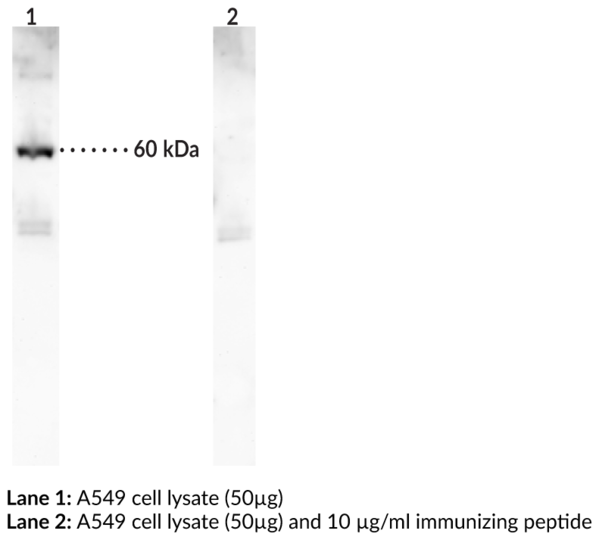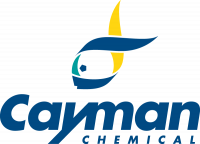Cookie preferences
This website uses cookies, which are necessary for the technical operation of the website and are always set. Other cookies, which increase the comfort when using this website, are used for direct advertising or to facilitate interaction with other websites and social networks, are only set with your consent.
Configuration
Technically required
These cookies are necessary for the basic functions of the shop.
"Allow all cookies" cookie
"Decline all cookies" cookie
CSRF token
Cookie preferences
Currency change
Customer-specific caching
FACT-Finder tracking
Individual prices
Selected shop
Session
Comfort functions
These cookies are used to make the shopping experience even more appealing, for example for the recognition of the visitor.
Note
Show the facebook fanpage in the right blod sidebar
Statistics & Tracking
Affiliate program
Conversion and usertracking via Google Tag Manager
Track device being used

| Item number | Size | Datasheet | Manual | SDS | Delivery time | Quantity | Price |
|---|---|---|---|---|---|---|---|
| Cay24693-500 | 500 µl | - |
6 - 10 business days* |
546.00€
|
If you have any questions, please use our Contact Form.
You can also order by e-mail: info@biomol.com
Larger quantity required? Request bulk
You can also order by e-mail: info@biomol.com
Larger quantity required? Request bulk
p62, also known as sequestosome-1 (SQSTM1), is a 62 kDa protein that acts as a signaling hub and... more
Product information "Anti-p62/SQSTM1"
p62, also known as sequestosome-1 (SQSTM1), is a 62 kDa protein that acts as a signaling hub and autophagy substrate and adaptor. It is a multi-domain protein that includes a Phox1 and Bem1p (PB1) domain, a zinc finger, a tumor necrosis factor receptor-associated factor 6 (TRAF6) binding domain, a ubiquitin-associated (UBA) domain, LC3- and Keap1-interacting regions, as well as two nuclear localization and one nuclear export sequence. p62/SQSTM1 is constitutively expressed and is primarily localized in the cytoplasm, however, it is also expressed in the nucleus, autophagosomes, lysosomes, and inclusion bodies containing polyubiquitinated protein aggregates. It is overexpressed in a variety of human cancer cells as well as in the chronic liver diseases alcoholic and non-alcoholic steatohepatitis (NASH). p62/SQSTM1 binds to ERK1, RIP1, TRAF6, Raptor, PKC, LC3, and Keap1 to activate mammalian target of rapamycin complex 1 (mTORC1), NF-kappaB, and nuclear factor erythroid 2-related factor 2 (NRF2) signaling in response to oxidative and endoplasmic reticulum (ER) stress. It functions as a cargo receptor in selective autophagy to shuttle aggregated and damaged proteins and organelles to autophagosomes for clearance. Mutations in the UBA domain of the SQSTM1 gene are associated with Paget's diseases. Cayman's p62/SQSTM1 Polyclonal Antibody can be used for WB and ELISA applications. The antibody recognizes p62/SQSTM1 at ~60 kDa from human samples.Synonyms: Sequestosome-1, Ubiquitin-binding Protein p62. Immunogen: A synthetic peptide from the C-terminal region of human p62. Formulation: (Request formulation change), 500 µl of Peptide affinity-purified IgG. Storage Buffer: PBS, pH 7.2, with 50% glycerol and 0.02% sodium azide. Host: Rabbit. Applications: ELISA and WB. UniProt Accession #: Q13501.
| Keywords: | Anti-p60, Anti-p60, Anti-ORCA, Anti-EBIAP, Anti-EBIAP, Anti-SQSTM1, Anti-Sequestosome-1, Anti-Sequestosome-1, Anti-Ubiquitin-binding protein p62, Anti-Ubiquitin-binding protein p62, Anti-EBI3-associated protein of 60 kDa, Anti-EBI3-associated protein of 6 |
| Supplier: | Cayman Chemical |
| Supplier-Nr: | 24693 |
Properties
| Application: | ELISA, WB |
| Antibody Type: | Polyclonal |
| Conjugate: | No |
| Host: | Rabbit |
| Species reactivity: | human |
| Immunogen: | A synthetic peptide from the C-terminal region of human p62 |
| Format: | Solid |
Database Information
| KEGG ID : | K14381 | Matching products |
| UniProt ID : | Q13501 | Matching products |
| Gene ID : | GeneID 8878 | Matching products |
Handling & Safety
| Storage: | -20°C |
| Shipping: | -20°C (International: -20°C) |
Caution
Our products are for laboratory research use only: Not for administration to humans!
Our products are for laboratory research use only: Not for administration to humans!
Information about the product reference will follow.
more
You will get a certificate here
Viewed






